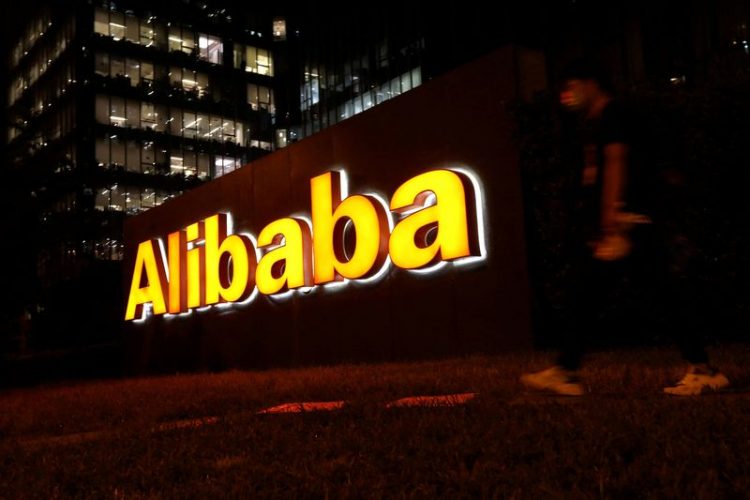Publisher: Maaal International Media Company
License: 465734
US lawmakers urge SEC to delist Alibaba and Chinese companies, FT reports
Two Republican lawmakers have urged the U.S. Securities and Exchange Commission to delist Chinese companies, including Alibaba Group, that they say have military links that put U.S. national security at risk, the Financial Times reported on Friday.
According to Reuters, the chair of the House China committee, John Moolenaar, and the chair of the Senate committee on ageing, Rick Scott, wrote to SEC chair Paul Atkins to take action against 25 Chinese groups, listed on U.S. exchanges, FT said.
“These entities benefit from American investor capital while advancing the strategic objectives of the Chinese Communist party . . . supporting military modernisation and gross human rights violations,” they said in the letter, according to FT. “They also pose an unacceptable risk to American investors.”
اقرأ المزيد
The companies also include search engine Baidu, online retail platform JD.com and the popular social media platform Weibo.
The lawmakers said that the Chinese companies were “ultimately harnessed for nefarious state purposes,” no matter how commercial they appeared on the surface, according to the FT report.
They said that the SEC had the tools and authority under the Holding Foreign Companies Accountable Act to suspend trading and compel delisting.
The SEC, Alibaba, JD.com and Baidu did not immediately respond to Reuters requests for comment. The Select Committee on the Chinese Communist Party and the U.S Senate committee also did not immediately respond to requests for comment.
More than 100 Chinese companies are listed on U.S. exchanges and have a collective market cap of around $1 trillion.
Investor concerns over the possible forced de-listing of Chinese companies from U.S. exchanges reemerged since the tit-for-tat trade war between the world’s two largest economies.
Beijing said on Friday it is “evaluating” an offer from Washington to hold talks over President Donald Trump’s crippling tariffs, signalling a potential de-escalation in the trade war that has roiled global markets.








